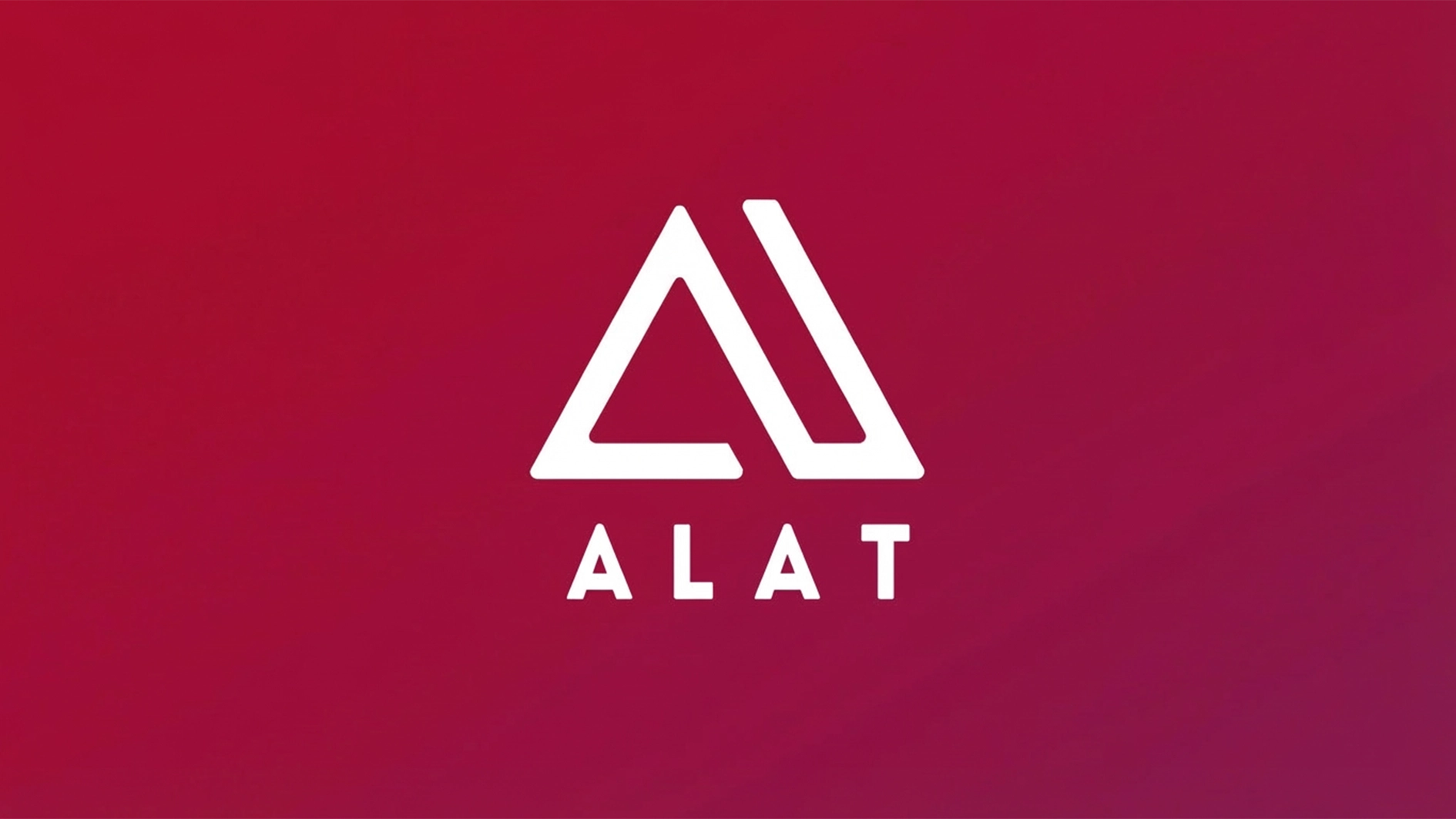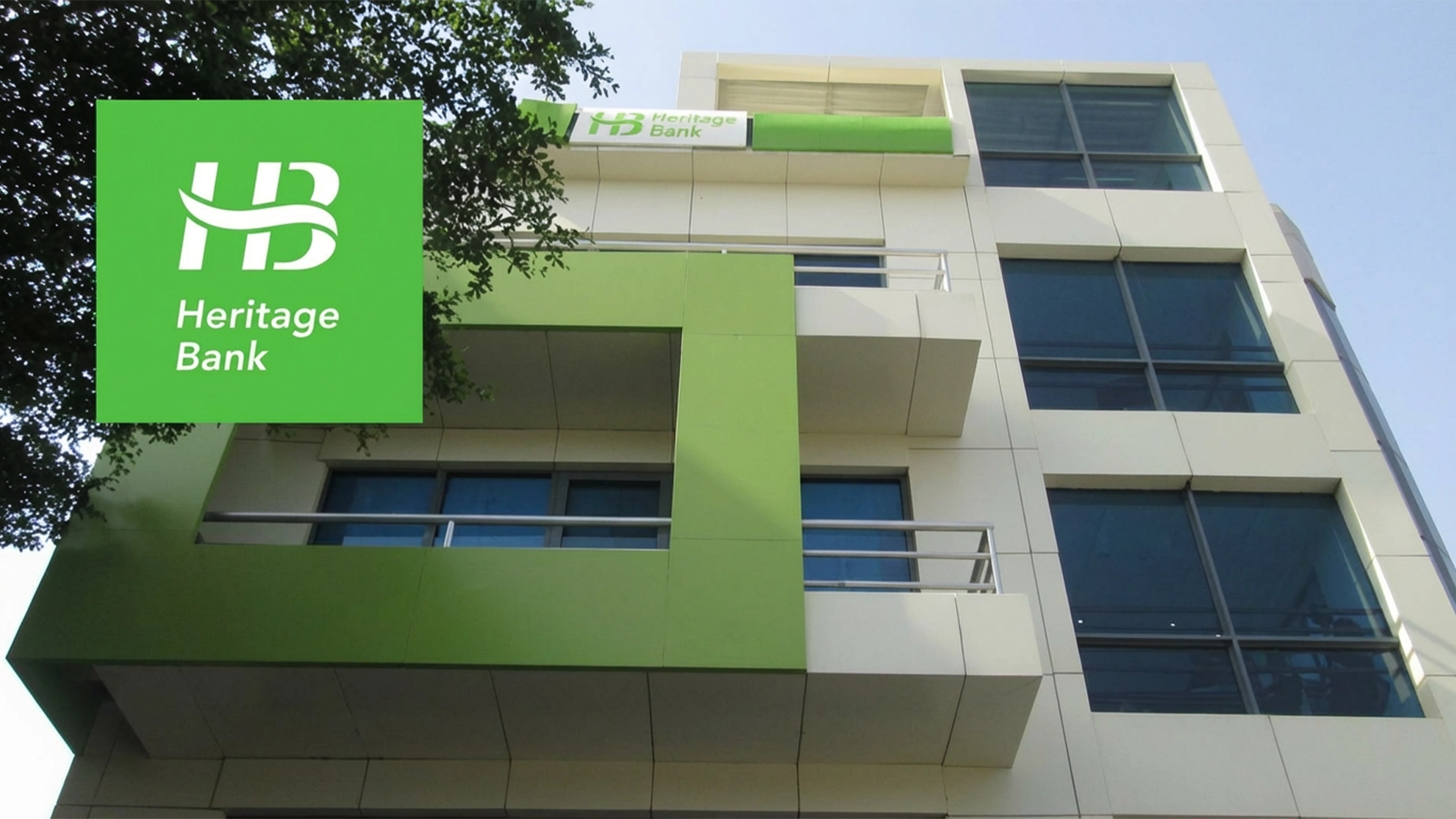
Shareholders seek govt collaboration with OPS to tackle macro-economic woes
AS losses suffered by stock market investors in July extended into August with a total of N36 billion, shareholders at the weekend renewed the call for the Federal Government to strengthen collaboration with Organised Private Sector (OPS) in tackling inflation, foreign exchange crisis, heightening insecurity and other macro-economic woes taking its toll on the businesses of listed firms, to the reverse the trend.
The shareholders, who expressed fear that the losses may penetrate deep into September noted that these challenges are adversely affecting investors’ confidence in equities. According to them, investors no longer derive benefits from investment because some listed firms have engaged in dividend cuts while others resort to outright forfeiture to survive the current harsh operating environment.
At the close of transactions last month, the market capitalisation of listed equities which reopened for trading on August 2, 2024 at N55.51 trillion depreciated by N36 billion to close on Friday, August 30, 2024 at N55.47 trillion.
Also, the All-Share index, which measures the performance of listed equities declined by 1,194.68 points or 1.2 per cent from 97,774.22 points to 96, 579.54 points.
Recall that investors lost over N1.1 trillion in July owing to sell pressure induced by huge FX losses incurred by almost 65 per cent of blue-chip companies on the exchange, exacerbated by the ‘#End Bad Governance in Nigeria’ protest.
This is despite the full-year 2023 scorecard and half-year 2024 interim dividend declarations by listed firms. August trading was characterised by a massive selloff induced by poor corporate performance.
Analysts also argued that the lingering foreign exchange crisis has crippled shareholders’ investment in many listed firms, turning their funds to a negative position with no hope in sight as to when companies would recover from these losses, a development that has raised their apathy in stocks.
No fewer than five major consumer goods firms suffered over N700 billion in losses in their H1 result due to the FX crisis, rising inflation and other macro-economic issues, in addition to the uncertainty in the global market.
President of the Independent Shareholders Association of Nigeria, Moses Igbrude, argued that most of these consumer firms recorded profits in their accounts but returned to a negative position when the issue of FX is factored in.
He said there is a need to rejig the economy with strategically supported and well-thought-out policies to enhance ease of doing business, boost operations of quoted companies and forestall further loss of investment.
Igbrude also pointed out that elevated interest rates in the fixed-income market exerted negative pressure on equities as investors leveraged on higher fixed-income yield as investors are currently moving to other asset classes where there is assurance of good returns on their investment.
Chief Research Officer of Investdata Consulting, Ambrose Omodion said the trend reveals strong volatility that creates buy opportunities for market players who understand the big picture of equity investment and its dynamics in any condition that may arise.






